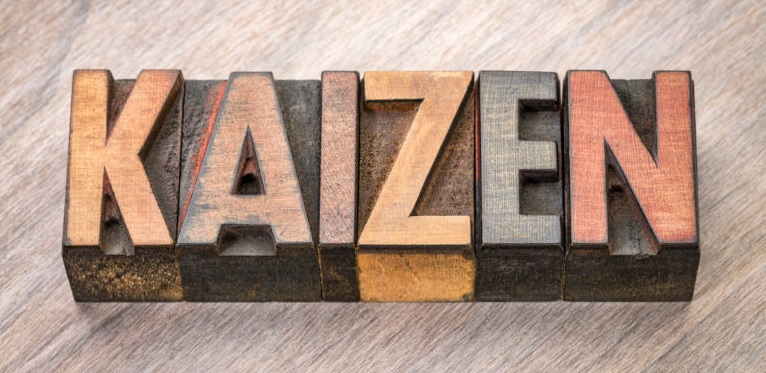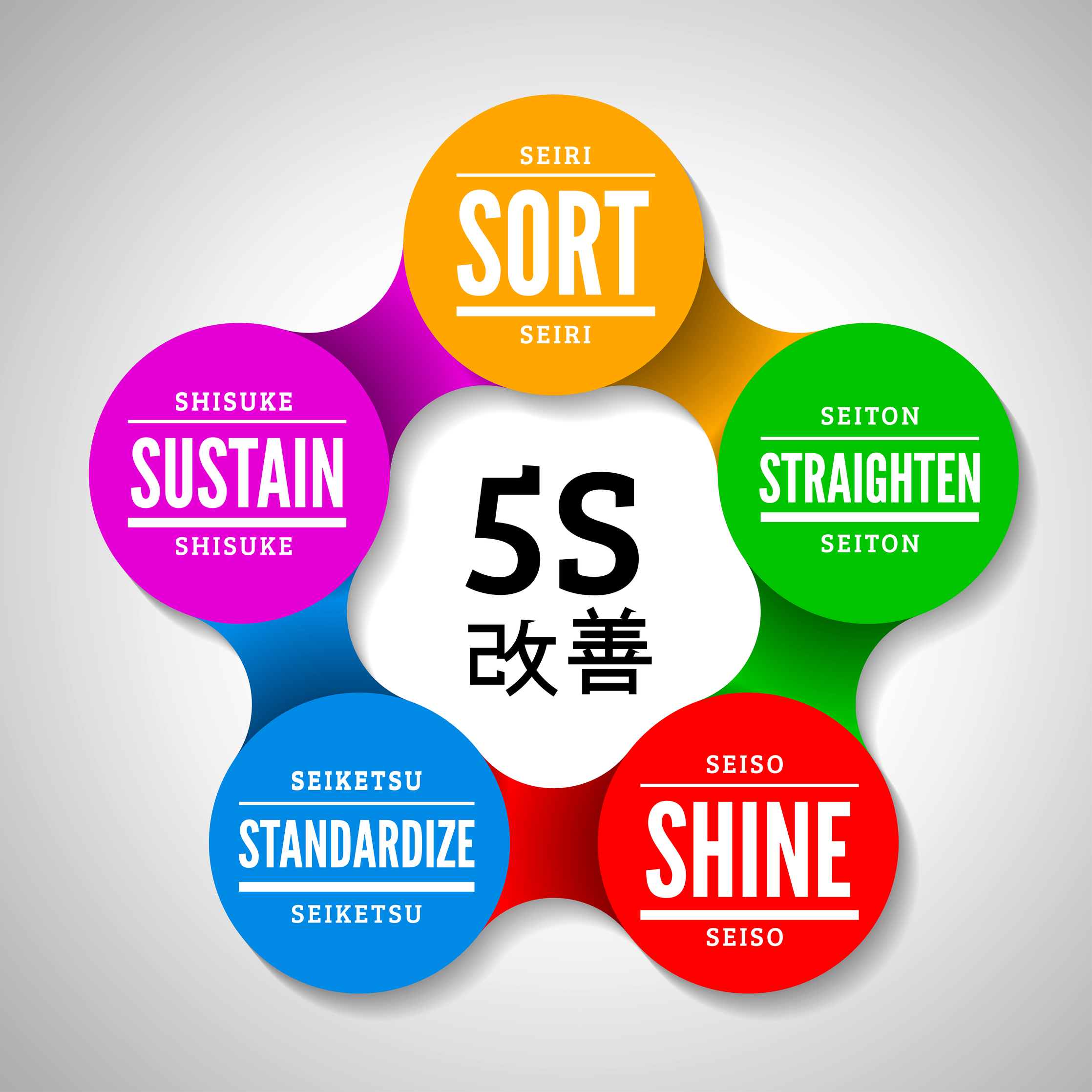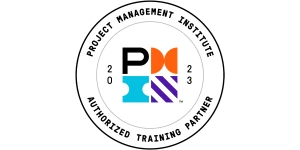4 Lean Methodology Tools Everyone Should Know
Lean methodology is the go-to strategy for reducing waste and improving organizational productivity. Lean techniques help companies improve their efficiency, and they’re often willing to pay top dollar for experts in these techniques. This article will introduce you to the four main Lean methodology tools everyone should know about.
Learn more about our Lean training.
1. Kaizen
Kaizen is a Japanese concept centered on continuous improvement. It is a business philosophy that continuously improves all functions and involves all employees, from the CEO to the low-level workers. Kaizen involves constant monitoring of business processes to eliminate waste and redundancies.
This term was coined after World War II– “Kai” means change, and “Zen” means good. It essentially states that change is good and should be embraced by all companies.
2. 5S
5S is a systematic tool for organizing work environments to reduce waste and boost productivity. It stands for Sort, Set in order, Shine, Standardize and Sustain, and was pioneered by automaker Toyota.
The 5S strategy primarily concerns eliminating processes that waste time and cause unnecessary production friction. It involves examining your company’s supply chain to ensure optimal use of raw materials, equipment, and human labor. This strategy helps keep a workplace organized and efficient in the long term.
3. Just In Time
The Just In Time (JIT) strategy is pretty self-explanatory. It is a supply chain management method that ensures clients receive products exactly when they want and in accurate quantities. It involves revamping your supply chain to avoid holding excess inventory. It reduces inventory waste and gives businesses better control over their manufacturing process.
The advantage of the Just In Time strategy is that businesses can make more profits by not holding any raw material or inventory not currently needed. The drawback is that any supply chain disruption would heavily affect the company because it doesn’t store excess raw material or inventory to weather the storm.
For example, the Covid-19 pandemic led to decreased manufacturing output globally – many businesses that followed the JIT strategy found it difficult to keep up with reduced raw material supply and had to pause manufacturing for a while.
4. Poka-Yoke
Poka-Yoke is a Japanese concept meaning “mistake-proofing” or “error prevention.” It refers to clever mechanisms that prevent mistakes and product defects. For example, you must put an automatic car in park or brake before starting it– this mechanism ensures you don’t start the car and immediately begin rolling by accident. This simple mechanism prevents a potentially costly mistake.
Poka-Yoke can come in many forms, but the common aim is to avoid costly mistakes during production processes.
Final Words
We have described four vital tools everyone interested in Lean Management should know. Formal Lean Management courses expand on these topics and broaden your knowledge about optimizing business processes for improved productivity.
At 6Sigma, we offer in-depth Lean Management courses that impact this knowledge and make you more valuable in the workplace.
SixSigma.us offers both Live Virtual classes as well as Online Self-Paced training. Most option includes access to the same great Master Black Belt instructors that teach our World Class in-person sessions. Sign-up today!
Virtual Classroom Training Programs Self-Paced Online Training Programs










